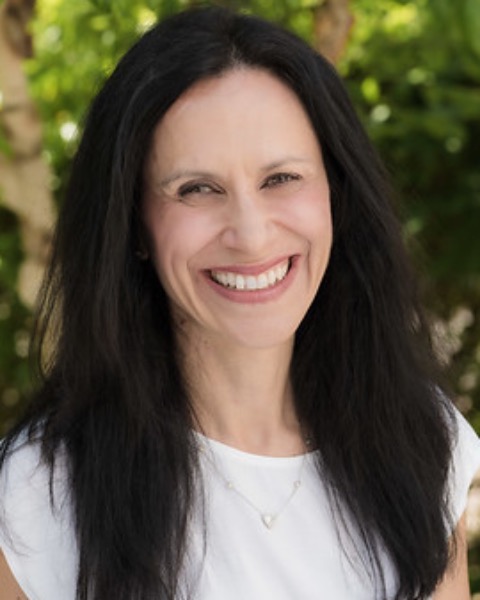Imaging
Congenital
Canadian Adult Congenital Heart Network (CACH)
Canadian Society of Cardiovascular MRI (CSCMRI)
123 - THE ROLE OF MRI IN MANAGING THE ADULT WITH CONGENITAL HEART DISEASE
-
MC
Michael Chetrit, MD
Cardiologist
McGill University Health Centre Research Institute
McGill University -
IR
Idan Roifman, Director of Non-invasive Cardiology and Multimodality Imaging, Reichmann Family Chair for Cardiovascular Research
Cardiologist
CSCMRI
University of Toronto -
.jpg)
Sarah Blissett, MD MHPE FRCPC
MD
London Health Sciences Centre
Western University -

Rachel Wald, MD
Cardiologist
University Health Network
University Health Network -

Jonathan Windram, BSc (Hons), MBChB, MMEd, MRCP (UK), FCCS, FESC
Associate Professor
University of Alberta
Mazankowski Heart Institute -
WA
-

Jonathan Windram, BSc (Hons), MBChB, MMEd, MRCP (UK), FCCS, FESC
Associate Professor
University of Alberta
Mazankowski Heart Institute
Chair(s)
Panelist(s)
Presenter(s)
Trainee(s)
Moderator(s)
Workshop Description: Congenital heart disease (CHD) affects approximately 1% of the population, and it is not uncommon for the general cardiologist to encounter an adult with mild disease and initiate care and investigations. This workshop, jointly created by CACHNET and CSCMRI, aims to provide the general cardiologist and the general cardiology MRI reader with the knowledge required to appropriately interpret and read a cardiac MRI in adults with simple to moderate CHD that they are likely to encounter in routine clinical practice.
Three expert speakers will highlight three common clinical scenarios the general cardiologist encounters that are often misinterpreted. The first talk will guide the learner on what to consider in shunt lesions and highlight the differences between atrial and ventricular septal defects. The second talk will describe the coarctation of the aorta and highlight important clinical considerations in both a new diagnosis and follow-up imaging of a prior repair. The third talk will consider Ebstein's anomaly, highlighting what needs to be considered in the reporting and interpretation to guide adequate care.
To ensure high audience engagement, polling will occur in each talk, and a 15-minute Q&A panel discussion consisting of MRI and ACHD cardiologists will take place. A trainee will be on the panel to highlight the importance of considering the integration of such knowledge into routine imaging training and to ensure appropriate future care.
This workshop has been designed to have appropriate gender and geographic representation.
Learning Objectives:
- describe how MRI can guide the management of patients withs atrial and ventricular shunts. At the end of the session they will have gained knowledge on when it is appropriate to intervene on such cases;
- describe how MRI can guide the management of the patient with coarctation of the aorta. At the end of the session they will have gained knowledge on when it is appropriate to intervene on such cases and have a knowledge of how MRI is used in the surveillance of such patients; and
- describe how MRI can guide the management of the patient with Ebstein anomaly. At the end of the session they will have gained knowledge on when it is appropriate to intervene on such cases and have a knowledge of how MRI is used in the surveillance of such patients.
